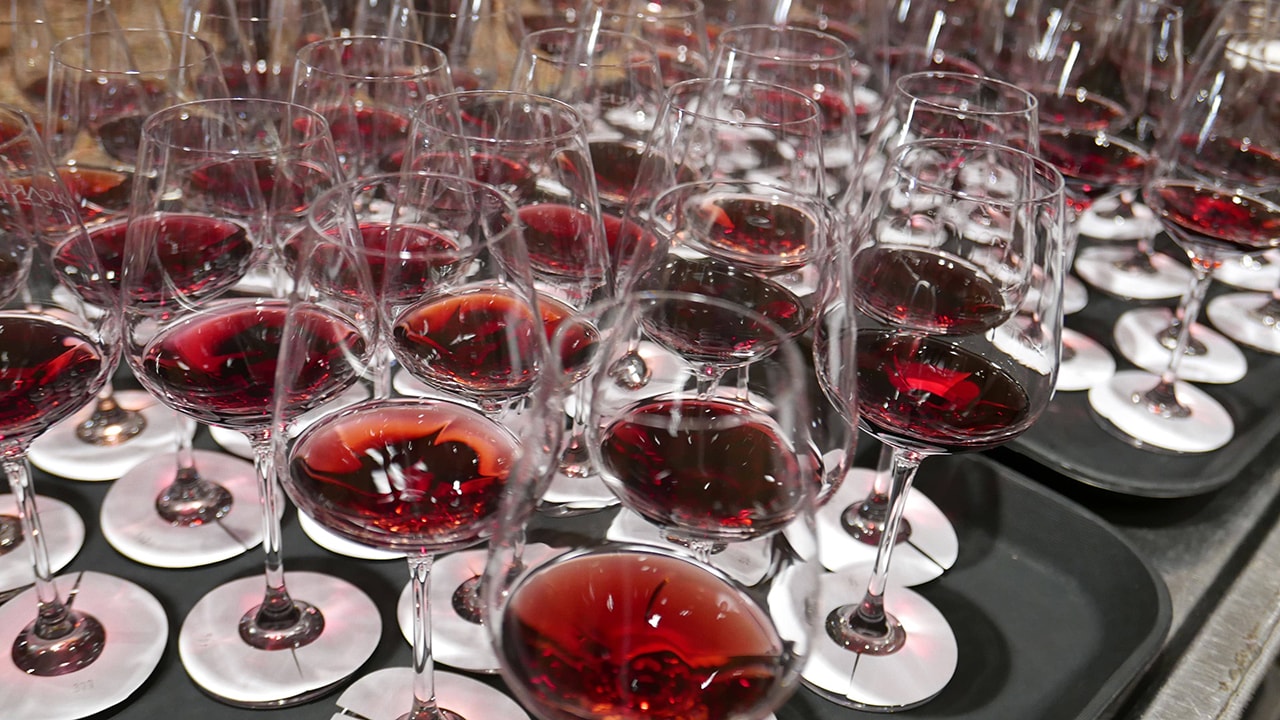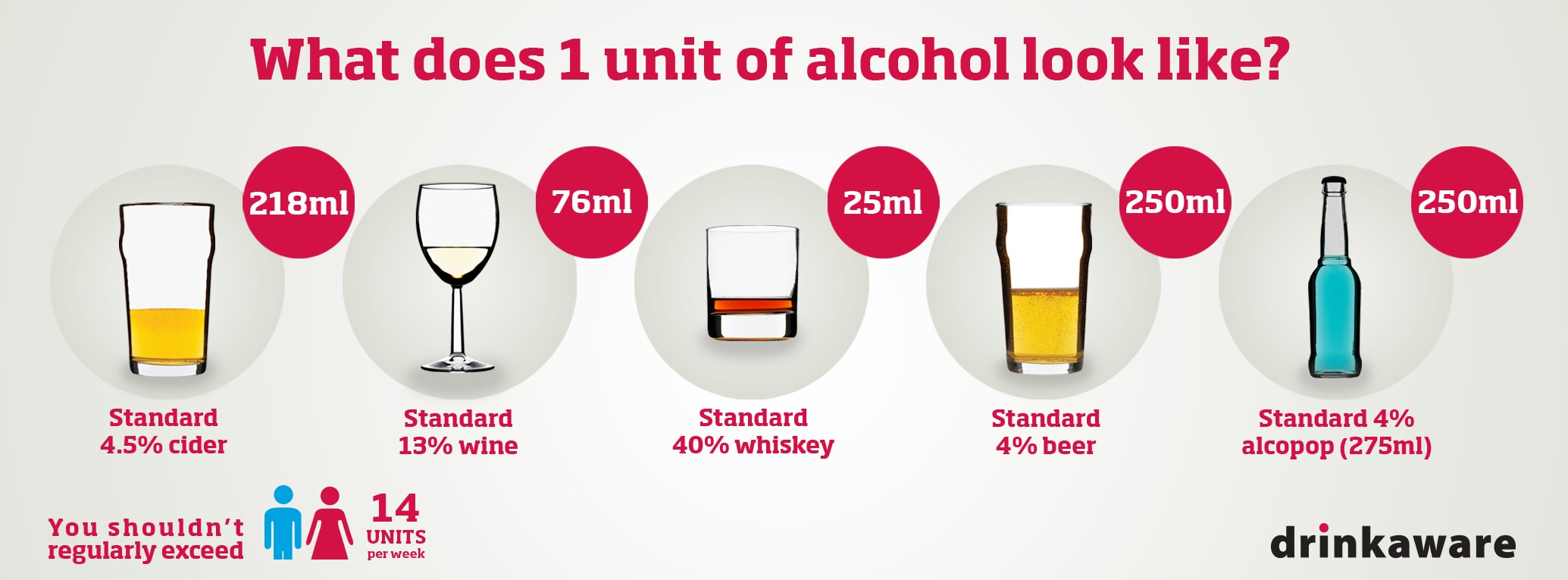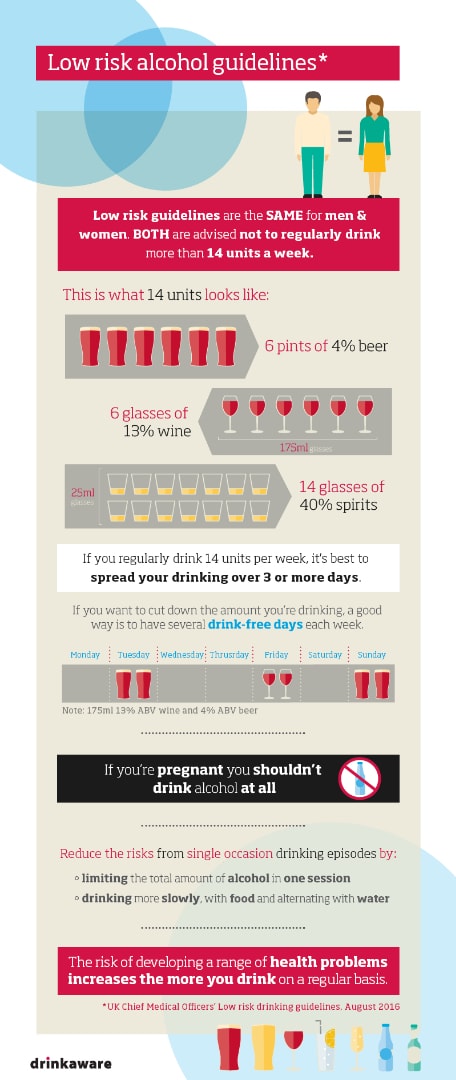The Good, The Bad and The Ugly of Wine Consumption
For all of us who enjoy a glass or two of wine, there are conflicting messages about whether this is beneficial or harmful to our health.
The Good
Increasing evidence suggests that light to moderate alcohol consumption reduces the risk of coronary artery disease (vs. no or heavy alcohol intake).
1 drink daily (for women) or 2 drinks daily (for men) may improve our body’s insulin sensitivity (which protects against diabetes) and reduce the risk of Alzheimers.
The French Paradox refers to the observational study in the 80s that there are relatively lower rates of heart disease in France than expected ( compared to other countries) given the level of smoking, wine intake and a diet of cheese and rich foods.
Research has suggested that Polyphenols may be a factor in providing this benefit.
Polyphenols are chemicals found in many plants, including wine grapes. They are a form of plant defense mechanism against fungal diseases, drought and ultraviolet light.
Resveratrol is one such chemical with an antioxidant effect that helps reduce inflammation in the human body, as well as plaque formation in our blood vessels and the chance of thrombosis (blockage of blood vessels)
Resveratrol is found in the skin and seeds of grapes and various berries, hence the concentration is higher in red wines due to the fermentation process, and in particular varieties like Tannat and Malbec, where thicker skins develop in order to thrive in sunny conditions.
However, we have to take 500mg of resveratrol daily for this to be beneficial – equivalent to 40 litres of wine! Fortunately there are now commercial supplements of 250-500mg capsules!
The Bad
On the other hand, there is no doubt that excessive alcohol intake can lead to alcohol dependence, liver damage and risk-taking behaviors. In addition, studies have suggested that excessive drinking can cause increase in cancers of the mouth, liver and breast. However, results are not definite as there are many variable factors and genetics to take into account so research is continuing.
No one would argue that we need to keep track of our drinking.
A unit of alcohol is considered to be the time it takes for the body to metabolize this fully.
How about a Standard Drink? This depends on where you live!
A few examples below:
| Australia/ New Zealand | 10 grams ( 12.5ml) pure alcohol |
|
Austria |
20 grams (25 ml) pure alcohol |
|
France |
12 grams ( 15ml) pure alcohol |
|
Japan |
19.75 grams (24.7ml) pure alcohol |
|
United Kingdom |
8 grams ( 10ml) pure alcohol |
|
United States of America |
14 grams ( 17.5ml) pure alcohol |
| Australia/ New Zealand | 10 grams (12.5ml) pure alcohol |
|
Austria |
20 grams (25 ml) pure alcohol |
|
France |
12 grams ( 15ml) pure alcohol |
|
Japan |
19.75 grams (24.7ml) pure alcohol |
|
United Kingdom |
8 grams ( 10ml) pure alcohol |
|
United States of America |
14 grams ( 17.5ml) pure alcohol |
How about the Blood Alcohol Content (BAC) for driving?
1 standard drink of 10 grams (12.5ml) alcohol will increase 20-30 mg alcohol per 100ml blood, or 0.02-0.03% - the body can metabolise this amount in 1 hour.
For the UK, BAC is 0.8mg/ml (80mg alcohol per 100ml blood), or 0.08%. For HK and most of Europe, BAC is 0.5mg/ml (50mg alcohol per 100ml blood), or 0.05%.
In the UK, the Drink Unit is calculated as:
Volume (ml) x % Alcohol ÷ 1000
e.g. glass of red wine ( 175ml) at 13% alcohol = 175 x 13 ÷ 1000 = 2.28 units.
Let’s not forget the variables of an empty stomach, being male or female, and our body’s metabolism rate as well!
Can you imagine calculating all this on a night out or dinner with friends?
Using a designate driver or taking public transport is the best choice if one is going to drink alcohol at all.
The UK has revised the safe drinking guidelines to make this more uniform and easy to follow:
The Ugly
Many have experienced itchy and flushing skin with drinking, or worse, dizziness, and hangover headaches the next day!
Is this drinking too much, alcohol allergy, or alcohol intolerance?
Some people are unfortunately allergic to alcohol, with immediate mouth and nose itching upon contact; as well as hives, wheezing and vomiting. Clarifying agents in wine-making can contain milk-based (casein), egg-based (albumin), fish-based (isinglass) products that can be problematic for allergic individuals even though most of these precipitant agents are removed after fining the wine.
Sulfur is used in wine making as an anti-microbial and anti-oxidant agent and this may also be a problem for some. Note that the sulfur content is higher in white and sweet wines and much lower in red wine production. Overall, there are more sulfites in packaged foods, dried fruits and frozen juice packs than wine!
It is important to get tested by your doctor to identify the exact allergen. Depending on the extent of the reaction, apart from total avoidance, natural or organic wines or perhaps Japanese sake (no fining agents nor sulfur used) may become your acceptable tipple!
For some, skin redness and nasal congestion may reflect intolerance rather than allergy. Asians especially, have reduced levels of Aldehyde Dehydrogenase, the enzyme that breaks down alcohol. This leads to a build up of Acetaldehyde in the body, leading to facial flushing, headaches and nausea.
Others lack the enzyme Diamine Oxidase, which helps the body process ingested Histamine (also a natural chemical in our bodies). Fermented foods such as wine ( more so with reds), beer, cheese and smoked meats can therefore cause skin itching, nasal congestion and diarrhoea.
All this mimic an allergic reaction but is actually an intolerance! Apart from avoidance, taking anti-histamine medication may be an option but again you should seek medical advice.
Remedies to remember:
- Avoid white and sweet wines if you have a sulfur intolerance or allergy
- Be careful with red wines if you have intolerance to histamine
- Poorly-made wines will have more additives and sulfites
- Alcohol is a diuretic and can cause dehydration so you should drink water with each glass of wine.
- If you maintain your hydration you will reduce hangover headaches.
In conclusion, like many things in life, moderation is the key. Wines can be the perfect accompaniment to good food and company, so we should choose our drinks carefully, imbibe in moderation and this will allow us to enjoy life and remain healthy.
Article by: Yvonne OU, DipWSET
Sources: uptodate.com, drinkaware.co.uk
© 2024 Vinetude - All Right Reserved


